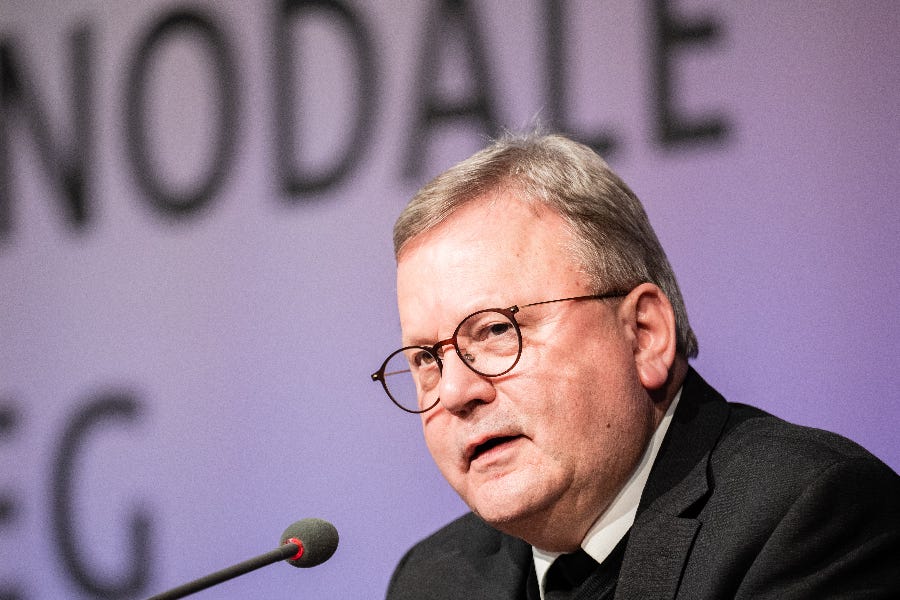Pope Francis accepts resignation of German bishops’ VP
Bishop Franz-Josef Bode was one of the chief organizers of the country’s controversial ‘synodal way.’
Pope Francis accepted the resignation Saturday of one of Germany’s leading Catholic bishops.

The Vatican announced March 25 that the pope had accepted Bishop Franz-Josef Bode’s resignation as head of the…
